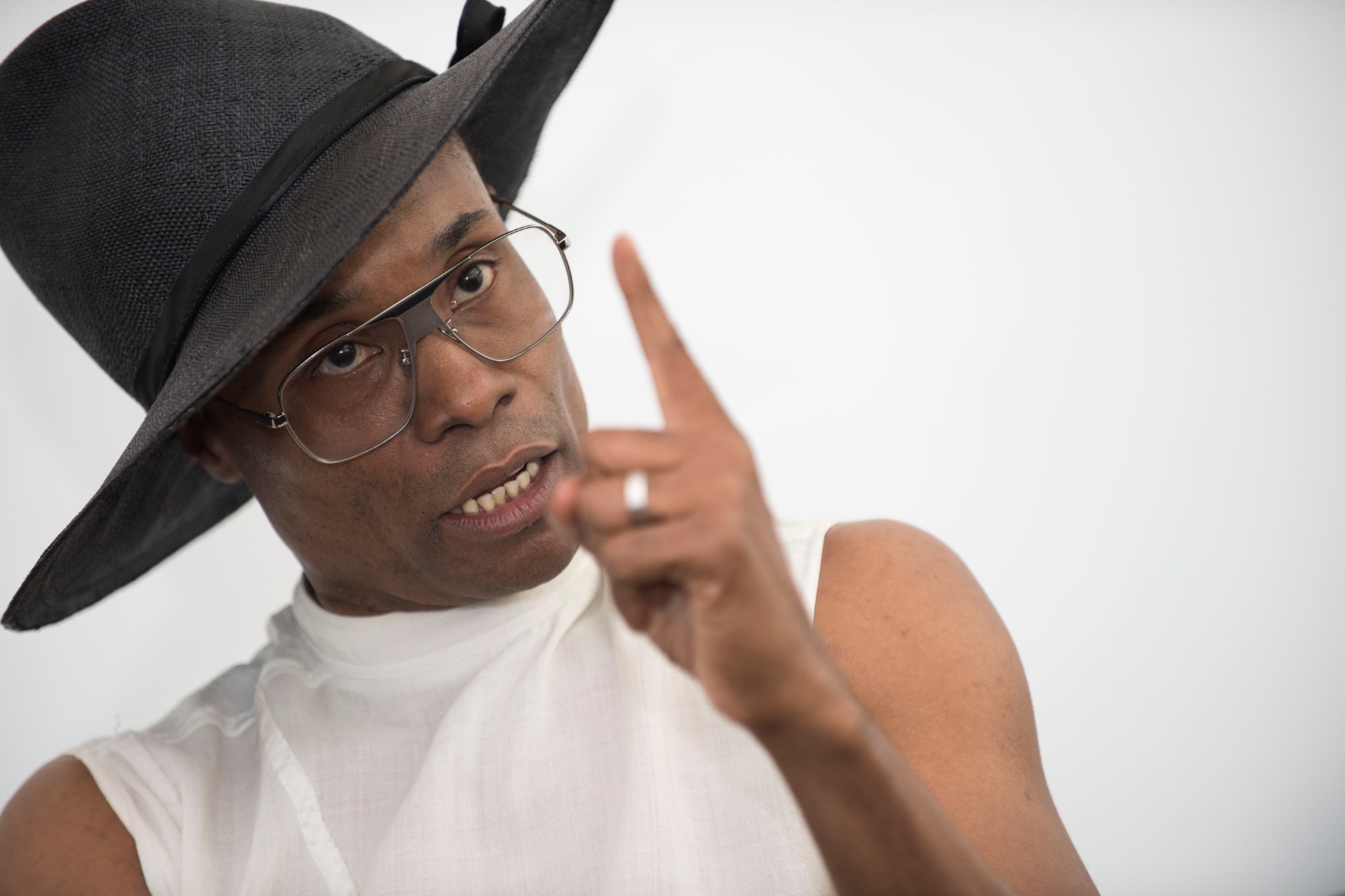
- Interviews
HFPA in Conversation: Billy Porter’s Long Road to Acceptance
Ryan Murphy taught Billy Porter to dream the impossible. Like being a leading character on a network television show, Pose, that is about his community. “I was initially called in to audition for what is now the Charlayne Woodard’s part as the dance teacher to Damon. I knew what the show could be and I felt that that role was maybe not the role for me in the configuration of what this show was going to be. Considering it’s about the ball culture in New York City, it’s about the LGBTQ, community, black and brown people like we’ve never really seen that before. I felt like it would be a waste of my talent and what I bring to the world to not be in the world of the show that I actually am in real life and the choices that I’ve made as an artist to sort of be authentic when my version of authenticity was not what anybody was casting,” Porter tells to HFPA journalist Barbara Gasser.
Murphy, the show’s creator agreed and cast Porter as Pray Tell, the emcee of balls in New York. Among other things, the show acted as a bridge to his own family. “I viewed the show with my very religious aunties. They have not been in my life because there has been a very homophobic atmosphere in my family for a really long time.”
Actor, singer, writer, and director, Porter has been in the business for 30 years. He started his career on Broadway and won a Tony in 2013 for his performances as Lola on the Broadway musical Kinky Boots. That also brought him a Grammy. “I’ve been gay from the beginning, been out from the beginning. In the late ’80s, early ’90s I found out there was no other version of myself that felt right, that felt authentic. But I was told that all of the things that I was, that I am, are invalid. Nobody wants to hear your story. Nobody cares about your story. You better butch up. You better be able to convince the world that you’re straight and your masculinity is key. If you can’t do that, you are not welcome. There will be nothing for you to do and that was very true for decades.”
His first big film role was in The Broken Hearts Club in 1999. “We went to Sundance and we had great success.” Porter moved to Los Angeles in January 2000 and left in September 2002. “I put my tail between my legs. I maybe had two to four auditions in three years. It was horrible and I vowed that I deserved better. I knew I deserved better. I knew that there was going to be a place. I had to be patient and I vowed that I would never return to live here until I was working on somebody’s back lot somewhere doing a really great show. Last week I got off the plane and was shuttled right to the Fox lot to start work on American Horror Story for a few episodes.”
He is happy to see how the world has changed. “I’m so blessed and I’m so thankful that I’ve lived long enough to see this evolution and to see this change because if we’re being clear, I’m a part of the first generation of gay men, gay people in general, LGBTQ plus whatever. We’re the first generation that gets to be authentic, that gets to be out, that gets to be our authentic selves in this business and tell our stories. It really is such a gift and I feel so blessed to be a part of this evolution and revolution.”
Listen to the podcast and find out why church is important to him; what kind of childhood memories he has from Pittsburg;, how did afterschool programs helped him to find his passion; what happened to his record deal in 1990s; why he performed to salespeople in industrial shows; why he filed for bankruptcy and slept on friends’ sofas and how those experiences helped him to deliver his performance in Pose
Listen to the conversation here or, for immediate access to all of our podcasts, subscribe to HFPA in Conversation on iTunes.